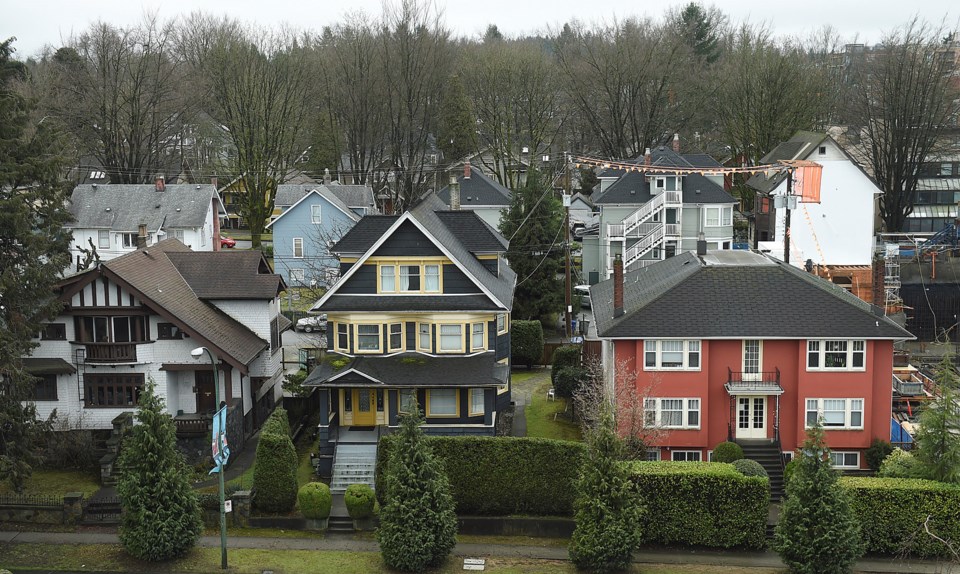Vancouver’s long discussed tax on empty homes is inching closer to reality.
Mayor Gregor Robertson held a Sept. 14 press conference to discuss the tax, which Vancouver city council is expected to discuss and enact next week.
The tax would be on empty and “underutilized” homes and be in place by the end of the year.
The tax rate is yet to be determined although staff earlier this year proposed a rate between 0.5 per cent and two per cent of assessed property value per year.
The proposed tax targets about 10,800 empty Vancouver homes that are known to the city and is intended to act as an incentive for owners to rent out their secondary and investment properties.
City staff estimate that if the tax is collected on five per cent of those homes, it could raise $2 million in annual revenue, which Robertson wants to invest in affordable housing initiatives.
The city’s rental vacancy rate has been hovering slightly above zero.
“Vancouver’s dangerously low vacancy rate is putting our renters in crisis,” Robertson said.
“Our proposed empty homes tax is first and foremost about bringing rental homes back into the market. We need to ensure the best use of all our housing. Empty and underutilized investment properties are holding back badly needed homes for thousands of renters who are struggling to find a secure and accessible place to live in a tight rental market.”
The city will administer the tax by using what it calls “self-declaration, audit and complaint response.”
Principal residences — either by owner, licensee (such as a family member), or tenanted– generally will not be subject to the tax.
Owners will be required to declare their principal residence or tenancy, similar to declaring the home owner grant.
If audited, owners will have to prove that the home was a principal residence for the owner, a tenant or a licensee, by using either a B.C. driver’s licence, BCID, a completed home owner grant, a tenancy agreement or similar documentation.
If the owner is unable to prove the home was a principal residence for a minimum number of days in the previous year the tax will apply.
Exactly how city staff will make that determination is expected to be determined through consultation this fall.
If a declaration is not made, legislation allows for owners to automatically be charged the empty homes tax.



